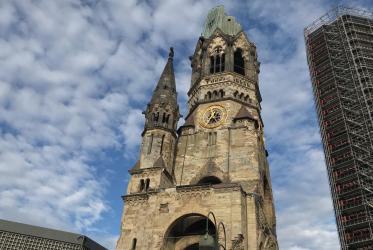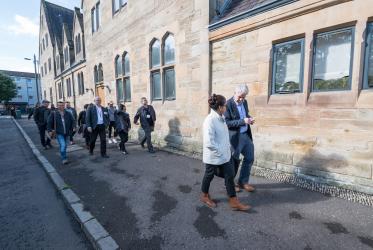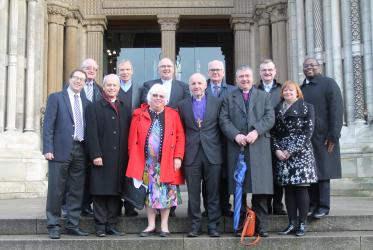Displaying 1 - 15 of 15
12 December 2019
WCC celebrates life of Archbishop John Habgood
18 March 2019
Fr Alexi - a peacemaker in Syria
21 December 2018
One refugee’s story: from Syria to France
07 January 2016
WCC delegation visits north Ireland and border barriers
02 December 2015
WCC urges responsibility for and support to the refugees in Europe
04 September 2015
WCC Executive Committee speaks out on migrant crises
12 June 2015














